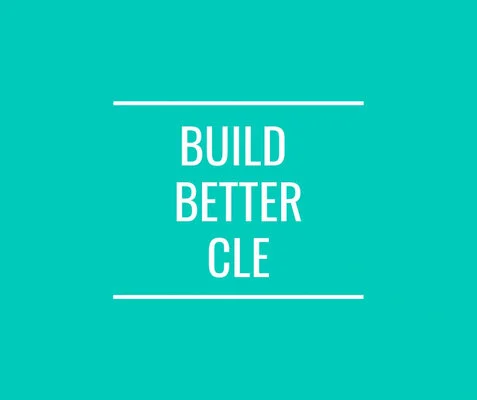This project is being guided by a Community Benefits Agreement, also known as a CBA. This is a formal structure that holds all parties accountable for maximizing public benefits resulting from public dollars. It also helps ensure that projects don’t become a moneymaker for developers, but rather everyone benefits.
Read MoreUniversity Settlement has contracted with Dr. Mark L. Joseph, Professor of Community Development and Founding Director of the National Initiative on Mixed-Income Communities at Case Western Reserve University. He is a nationally recognized expert on mixed-income communities, urban poverty, community development, and promoting urban equity and inclusion.. Dr. Joseph will be with us every step of the process to ensure we are fully utilizing every opportunity to include community engagement throughout the process, as well as integrating strategies for racial equity and preventing gentrification in development. Our work with Dr. Joseph will lay the groundwork for inclusive community growth, rather than development benefiting a few. Dr. Joseph will also guide us in adhering our vision of leading with equity and justice in planning and execution.
Read MoreUniversity Settlement has launched a social justice campaign called “Build Better Cle.” The slogan for the campaign is “No Return to Normal, Return to Better,” and urges Clevelanders to take a serious look at the state of urban communities before COVID-19, and to recognize the opportunity that the pandemic has presented to achieve more justice and equity in the pandemic’s aftermath. As we begin to pick up the pieces of our communities and build them up again, we want to build better than it was before, and focus on the lives of those who previously experienced social injustices.
Read MoreUpon the civil unrest following the death of George Floyd, the agency released a public statement that boldly affirms the stance of racial justice and inclusion at the agency. The statement was developed as an all-staff joint statement with active engagement of staff.
Immediately after the murder of George Floyd in Minneapolis, two staff members of University Settlement painted a large, 10 foot-wide yellow banner with the words “BLACK LIVES MATTER” and hung it on the front of the building. Earl was impressed that staff felt empowered enough to take action on behalf of the organization. That night, the banner was vandalized. In response, staff made a larger sign that additionally include the phrase, “hate has no place here.” That sign was also vandalized. To display resilience and commitment, the agency ordered a 12’ x 18’ yellow vinyl banner and hung it on the front of the building. To this date, the sign has not been vandalized again. This is but one anecdote, but it demonstrates how committed all the staff of University Settlement are to racial justice and equity.
Read MoreThe staff at University Settlement is a group of intentionally diverse individuals that bring all different perspectives, skills, and experiences. The current racial makeup of staff is over 60% racial minority individuals. In 2020, staff created an Equity and Inclusion Committee to identify and implement ways the agency can advance racial equity and make the staff culture more inclusive. In addition, staff actively integrate racial diversity into programming on an ongoing basis. For example, last year the Adult Wellness program welcomed traditional African storytellers as they shared cultural programming for seniors. That program and the SmartY’S youth program also celebrated Black History Month by learning about black history, doing projects, and having different events throughout the month.
In order to have a Board of Directors that is representative of this community, 13 new Board members were added in 2019, and three in 2020. The selection of the new members was deliberate, as we sought to realize a more diverse board. In 2018, the racial makeup of the Board was 16% minority individuals. Now, the Board is 40% BIPOC, and includes Black, Latinx, Native, and Asian/Pacific Island membership. We are still recruiting new Board members with a concentration on BIPOC individuals and community residents.
Read More




